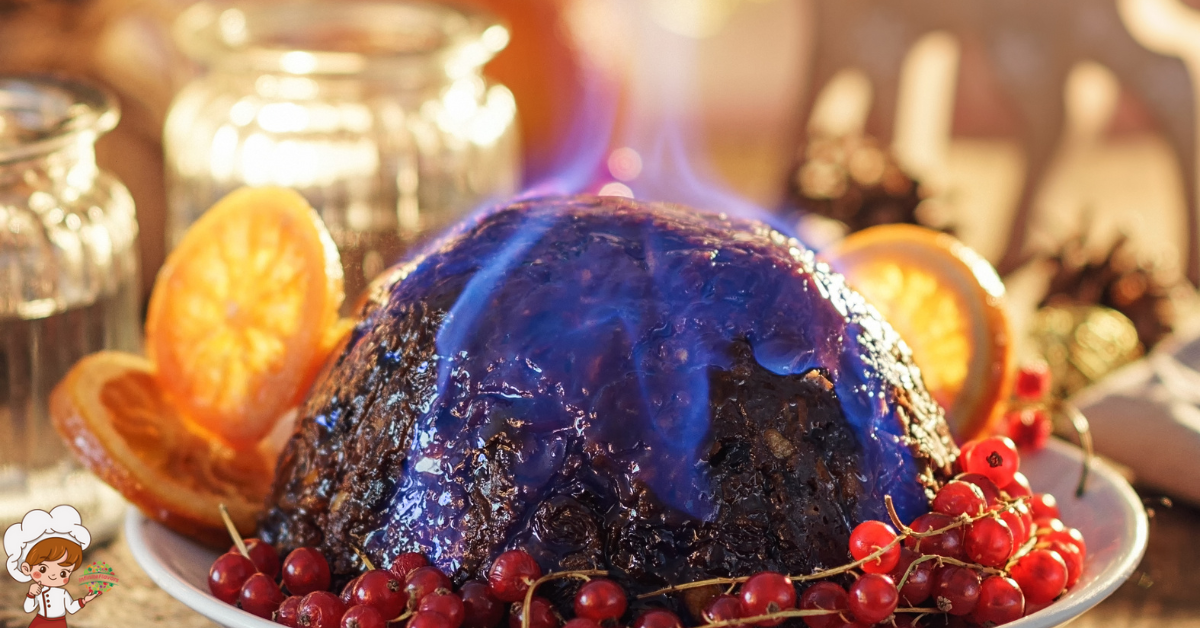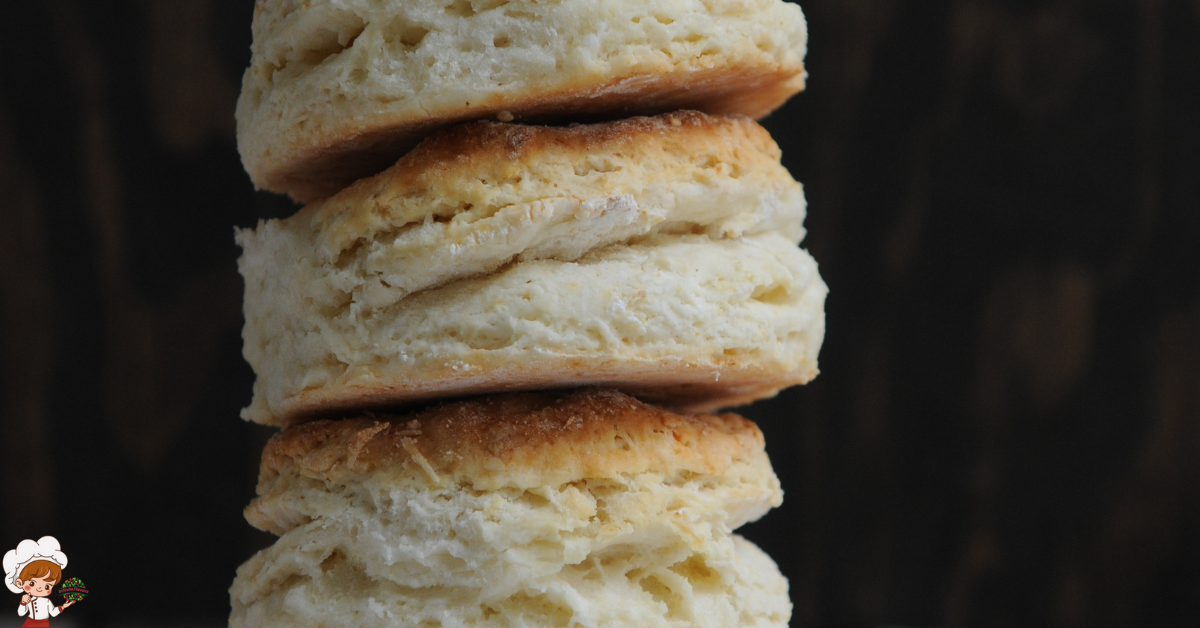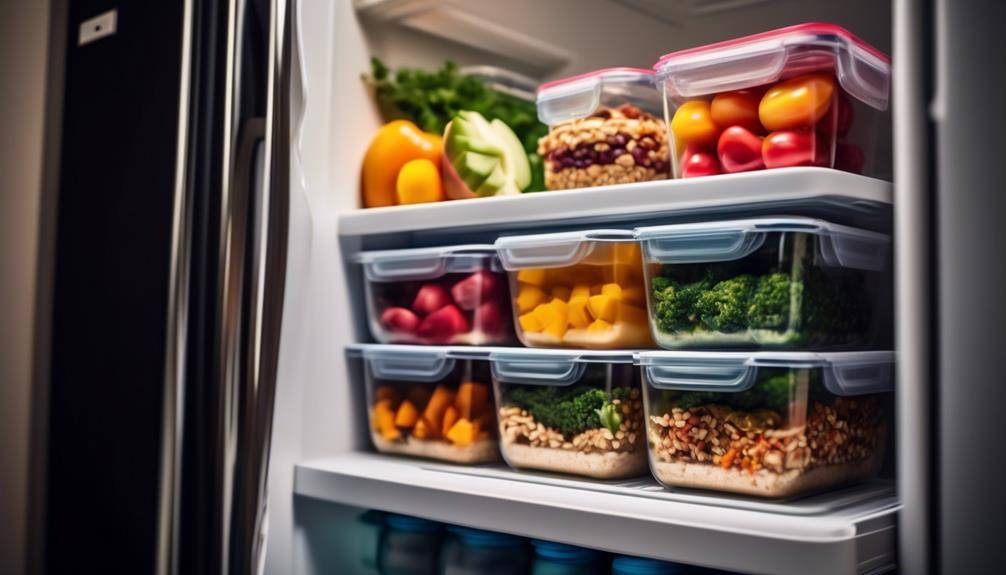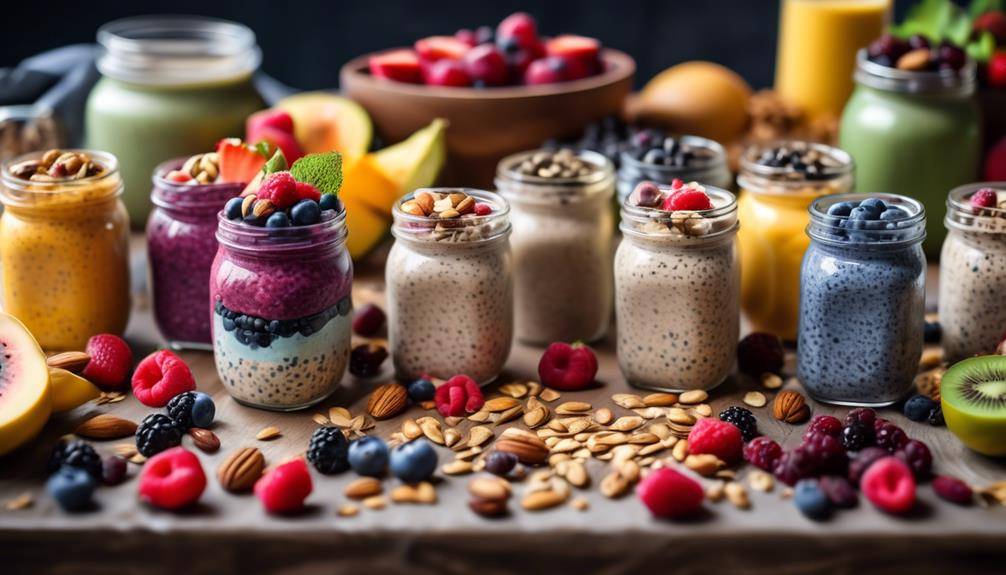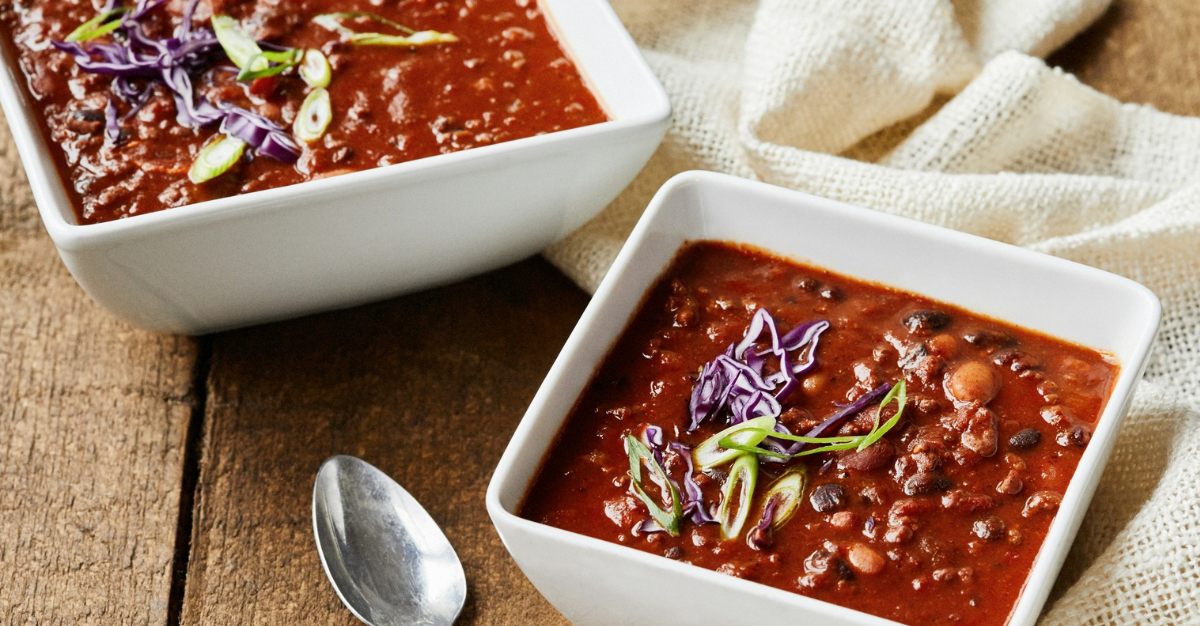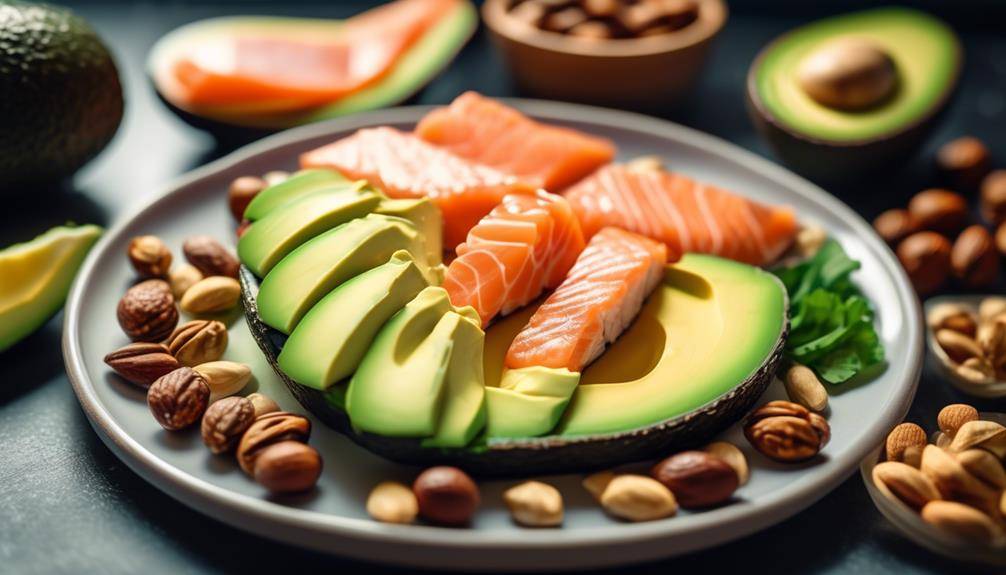Amazing Essential Cooking Tips A Beginner’s Guide
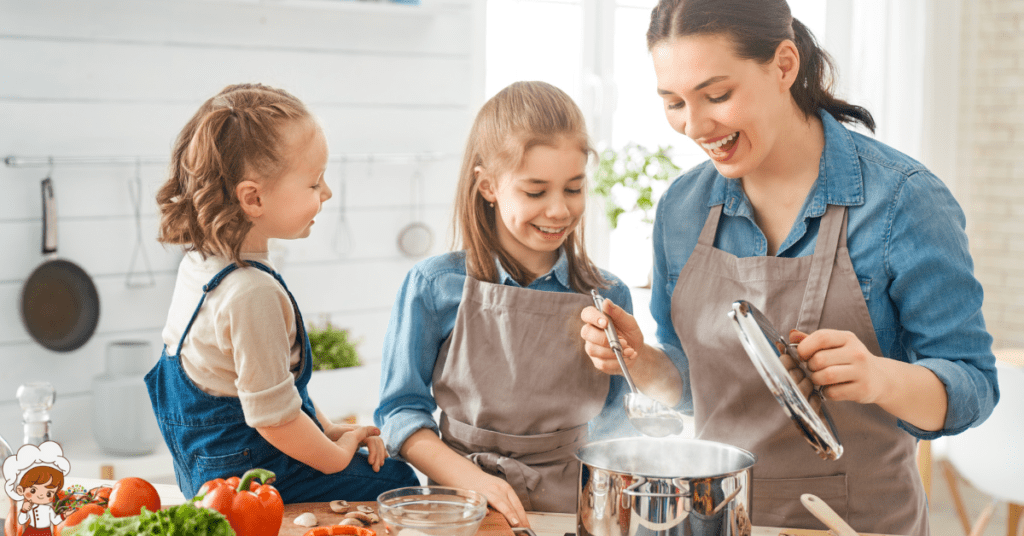
Essential Cooking Tips A Beginner’s Guide; Are you a beginner in the kitchen, feeling like a fish out of water? Don’t worry, cooking is like riding a bike – it may seem difficult at first, but with practice and the right guidance, you’ll be whipping up delicious meals in no time. Welcome to “Essential Cooking Tips: A Beginner’s Guide,” where we’ll help you navigate the culinary world with ease. In this guide, you’ll learn essential knife skills, cooking techniques, ingredient preparation, temperature control, and time management. With our step-by-step instructions and practical tips, you’ll soon be creating mouthwatering dishes that will impress your friends and family. So, grab your apron, roll up your sleeves, and let’s get cooking!
Knife Skills
Improve your cooking skills by mastering the art of knife handling. Knife skills are an essential part of any culinary journey, and learning how to handle a knife safely and maintain it properly will not only help you become a more efficient cook but also ensure your safety in the kitchen.
When it comes to knife safety, there are a few key things to keep in mind. First and foremost, always use a sharp knife. Contrary to popular belief, a dull knife is more dangerous than a sharp one because it requires more force to cut through food, increasing the risk of slipping and potentially causing an injury. Additionally, make sure to always hold the knife by the handle, never by the blade, to avoid accidents. When cutting, keep your fingers curled under and away from the blade to prevent any accidents.
Knife maintenance is another crucial aspect of mastering knife skills. Regularly sharpening your knives will not only make your cutting tasks easier but also improve your safety. A dull knife can easily slip, causing accidents. Invest in a good quality knife sharpener or consider taking your knives to a professional for sharpening. Additionally, proper storage is essential to maintain the sharpness of your knives. Store them in a knife block or on a magnetic strip to prevent them from banging against other utensils and getting dull.
Cooking Techniques
Learn 5 essential cooking techniques to elevate your culinary skills. Mastering these techniques will not only enhance your ability to create delicious meals but also give you the confidence to experiment and explore new flavors. One crucial technique is sauce making. Sauces can transform a simple dish into a culinary masterpiece by adding depth and complexity. Whether it’s a velvety béchamel or a tangy tomato sauce, understanding the principles of sauce making will open up a world of possibilities in your cooking.
Another vital skill to develop is flavor pairing. Knowing which flavors complement each other can take your dishes from good to extraordinary. Experiment with combining sweet and savory, or balancing acidity with richness. For example, pair a rich, fatty cut of meat with a tangy citrus sauce to create a harmonious balance of flavors. Additionally, understanding the basic cooking techniques like sautéing, roasting, braising, and grilling will give you the ability to cook a wide range of dishes with ease.
Sautéing involves quickly cooking food in a small amount of oil or butter over high heat. It’s perfect for cooking vegetables, meats, or seafood, as it locks in flavors and creates a delicious caramelized crust. Roasting, on the other hand, is a slow-cooking method that uses dry heat to achieve a golden-brown exterior and tender, juicy interior. It works well for large cuts of meat, whole poultry, and vegetables.
Braising is a technique where food is first seared and then cooked slowly in a liquid. This method is perfect for tougher cuts of meat, as it breaks down the connective tissue and results in tender, flavorful dishes. Lastly, grilling is an excellent technique for achieving smoky flavors and charred exteriors. Whether you’re grilling meats, vegetables, or even fruits, this technique adds a delicious depth of flavor to your dishes.
Ingredient Preparation
To further enhance your culinary skills, let’s delve into the importance of proper ingredient preparation. Taking the time to prepare your ingredients correctly can greatly impact the outcome of your dish. Here are some essential tips to ensure food safety and flavor enhancements:
- Washing Produce: Always wash fruits and vegetables thoroughly before using them. This removes dirt, pesticides, and bacteria that may be present on the surface. Use cold running water and a brush if needed, but avoid using soap or bleach as they can leave residue.
- Trimming and Cutting: Before cooking, trim any excess fat or gristle from meats to avoid an unpleasant texture. Additionally, ensure that you are using the correct cutting techniques for each ingredient. For example, slicing onions thinly will result in a different flavor profile than dicing them.
- Marinating: Marinating is a great way to add flavor and tenderize meats. When marinating, make sure to use a non-reactive container, such as glass or stainless steel, to prevent any unwanted chemical reactions. Also, refrigerate the marinated ingredients to inhibit bacterial growth.
- Measuring Ingredients: Precision is key when it comes to cooking, especially with baking. Use measuring cups and spoons to accurately measure ingredients like flour, sugar, and spices. This ensures consistent results and prevents any unpleasant surprises.
Temperature Control
Maintain optimal cooking results by mastering temperature control throughout the cooking process. Whether you are a beginner or an experienced cook, understanding how to control and adjust temperatures is essential for achieving delicious and perfectly cooked meals. Two key aspects of temperature control that we will delve into are sous vide cooking and oven calibration.
Sous vide cooking is a technique that involves cooking food in a vacuum-sealed bag at a precise and controlled temperature in a water bath. This method ensures even and consistent cooking, resulting in tender and flavorful dishes. To achieve the desired temperature for sous vide cooking, you will need a sous vide machine or immersion circulator. These devices maintain a constant water temperature, allowing you to cook food precisely to your desired level of doneness.
Another crucial aspect of temperature control is oven calibration. Ovens can often be inaccurate, and if not calibrated correctly, they can lead to undercooked or overcooked dishes. To calibrate your oven, you can use an oven thermometer to compare the temperature displayed on the oven’s control panel with the actual temperature inside. If there is a discrepancy, you can adjust the oven’s temperature settings accordingly.
Additionally, it is essential to understand the different temperature ranges for various cooking methods. For example, high heat is ideal for searing meats and achieving a crispy crust, while low and slow cooking is perfect for tenderizing tough cuts of meat or creating rich and flavorful stews.
Time Management
To ensure efficient and successful cooking, it’s important to allocate your time wisely throughout the cooking process. Time management is key to getting everything done on time and avoiding unnecessary stress. Here are some time-saving techniques and meal planning strategies to help you make the most of your time in the kitchen:
- Plan your meals in advance: Take a few minutes each week to plan your meals. This will help you create a grocery list and ensure you have all the necessary ingredients on hand. Knowing what you’re going to cook ahead of time saves you from last-minute trips to the store.
- Prep ingredients in advance: Before you start cooking, take a moment to prep your ingredients. Chop vegetables, measure spices, and marinate meats ahead of time. By doing this, you’ll have everything ready to go when it’s time to cook, saving you precious minutes during the cooking process.
- Use kitchen timers: Invest in a good kitchen timer or use the timer on your phone. Set timers for each step of your recipe to keep track of cooking times. This will prevent you from overcooking or undercooking your food and allow you to multitask while something is simmering or baking.
- Clean as you go: Cooking can create quite a mess, but cleaning as you go can save you a lot of time in the long run. Wash dishes and utensils as you finish using them, wipe down surfaces, and put away ingredients and tools as you go. This will keep your workspace organized and make the cleanup process much easier.
Frequently Asked Questions: Essential Cooking Tips A Beginner’s Guide
How Do I Properly Clean and Maintain My Kitchen Utensils and Equipment?
To properly clean and maintain your kitchen utensils and equipment, start by washing them after each use with warm soapy water. Don’t forget to dry them thoroughly and store them in a clean, organized manner.
What Are Some Common Substitutions for Ingredients in Recipes?
When you’re cooking and realize you’re missing an ingredient, don’t panic! There are plenty of ingredient alternatives and creative recipe modifications you can try. Get creative and experiment with flavors!
How Can I Prevent Food From Sticking to the Pan While Cooking?
To prevent food from sticking to the pan while cooking, try using non-stick alternatives like cooking spray or parchment paper. Also, make sure to preheat the pan properly and avoid overcrowding it with food.
Are There Any Tips for Storing and Preserving Fresh Herbs?
To store herbs for longer shelf life, follow these best practices: 1) Rinse and dry them thoroughly. 2) Wrap them in a damp paper towel and place in a resealable bag. 3) Store in the refrigerator. This will help preserve their freshness.
What Are Some Strategies for Meal Planning and Prepping Ahead of Time?
To save time and make meal planning easier, try these meal prep strategies. Cook large batches of food, portion them out, and store them in the fridge or freezer for future meals.
Conclusion
In conclusion, mastering essential cooking skills is the key to becoming a confident cook. By honing your knife skills, learning various cooking techniques, preparing ingredients effectively, maintaining temperature control, and managing your time efficiently, you can elevate your culinary game. With practice and dedication, these tips will empower you to create delicious meals and explore the exciting world of cooking. So, don’t be afraid to jump into the kitchen and start your culinary journey today!



